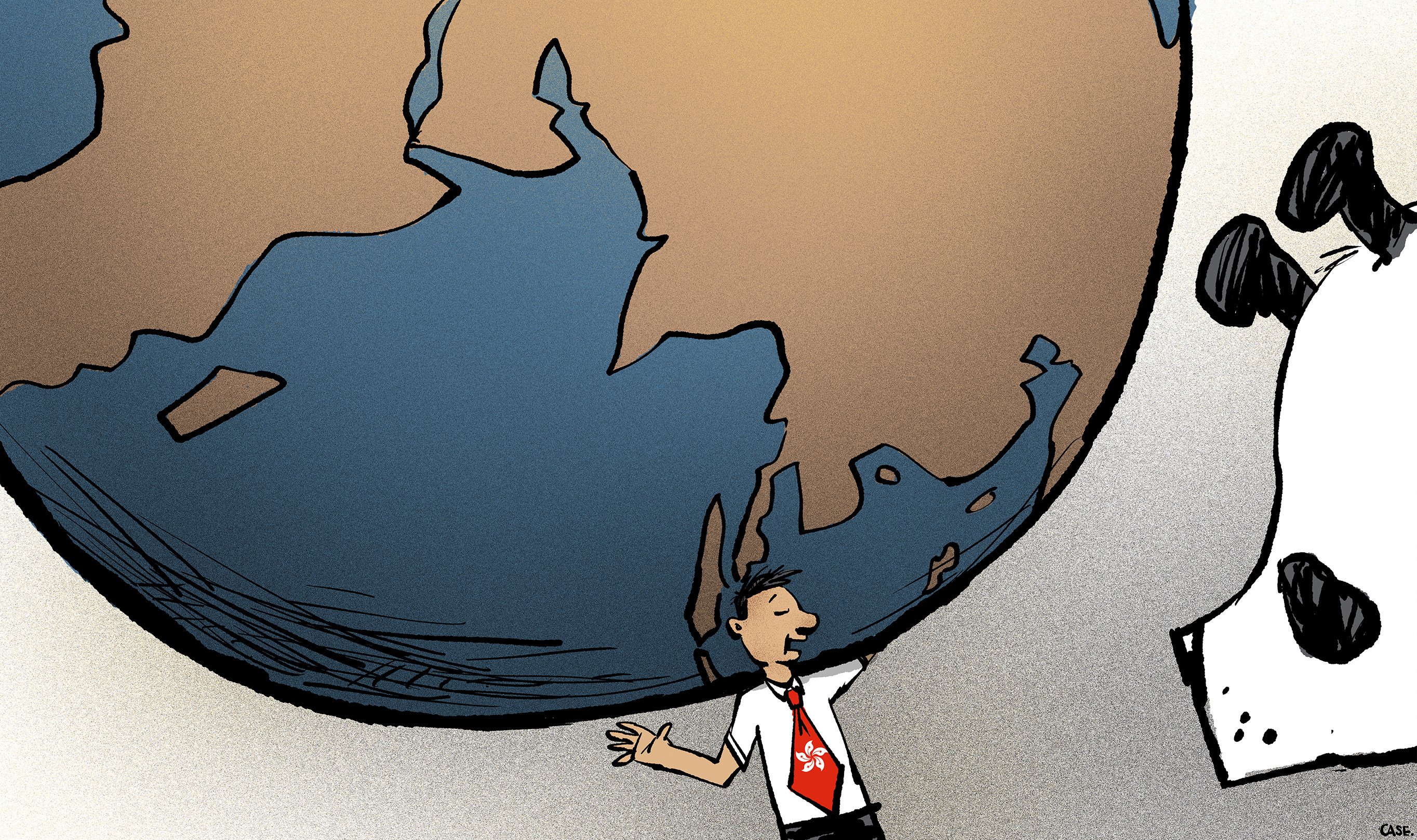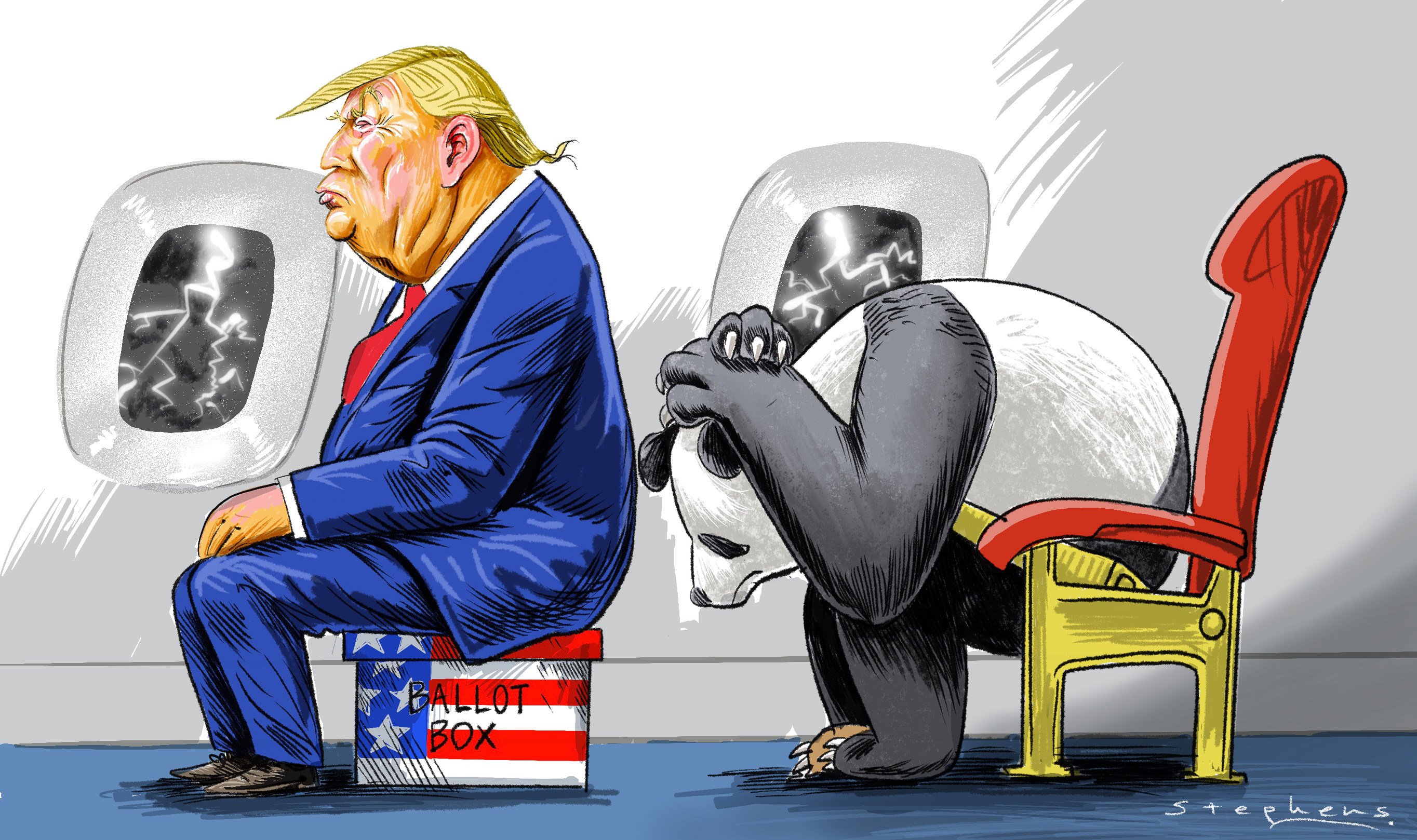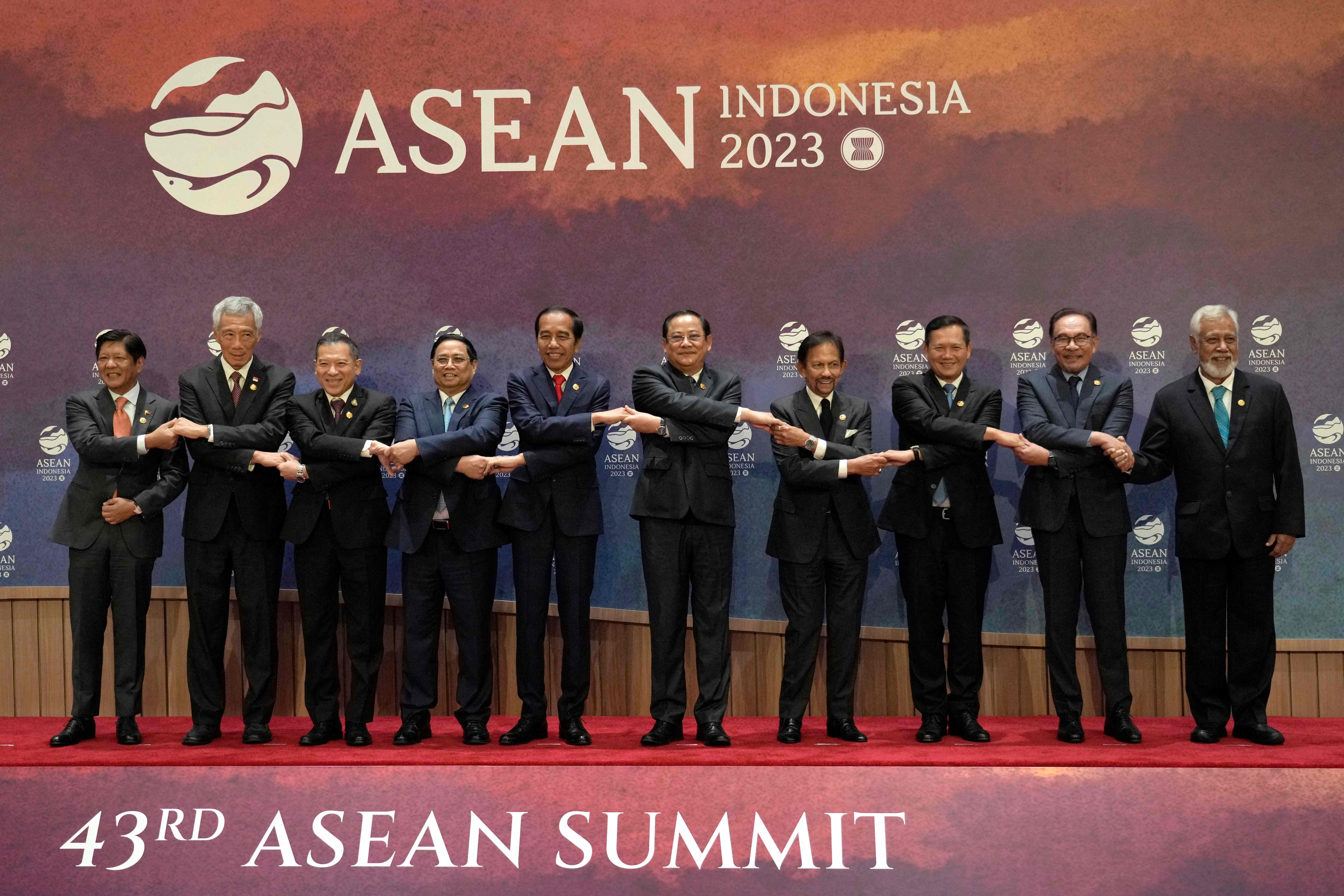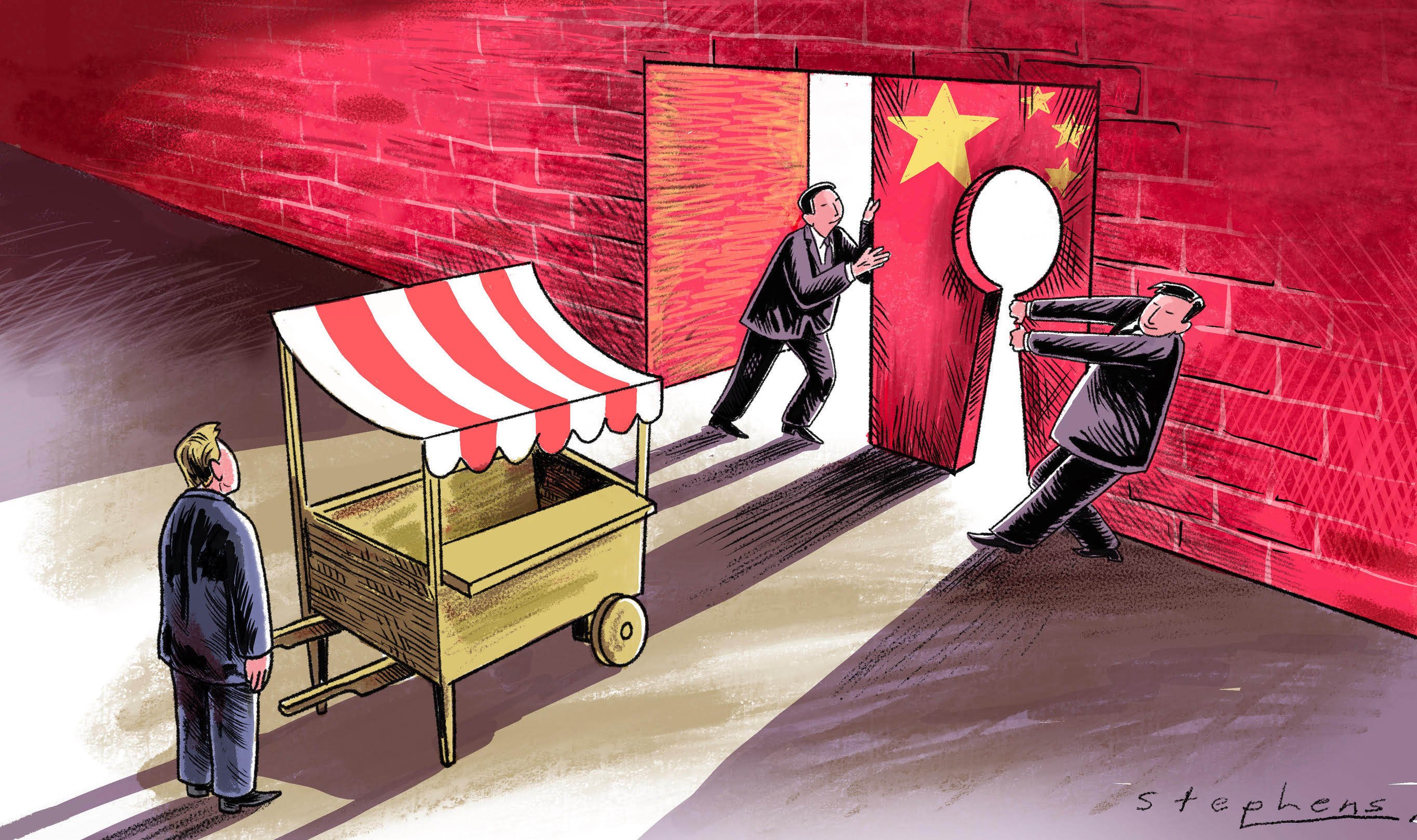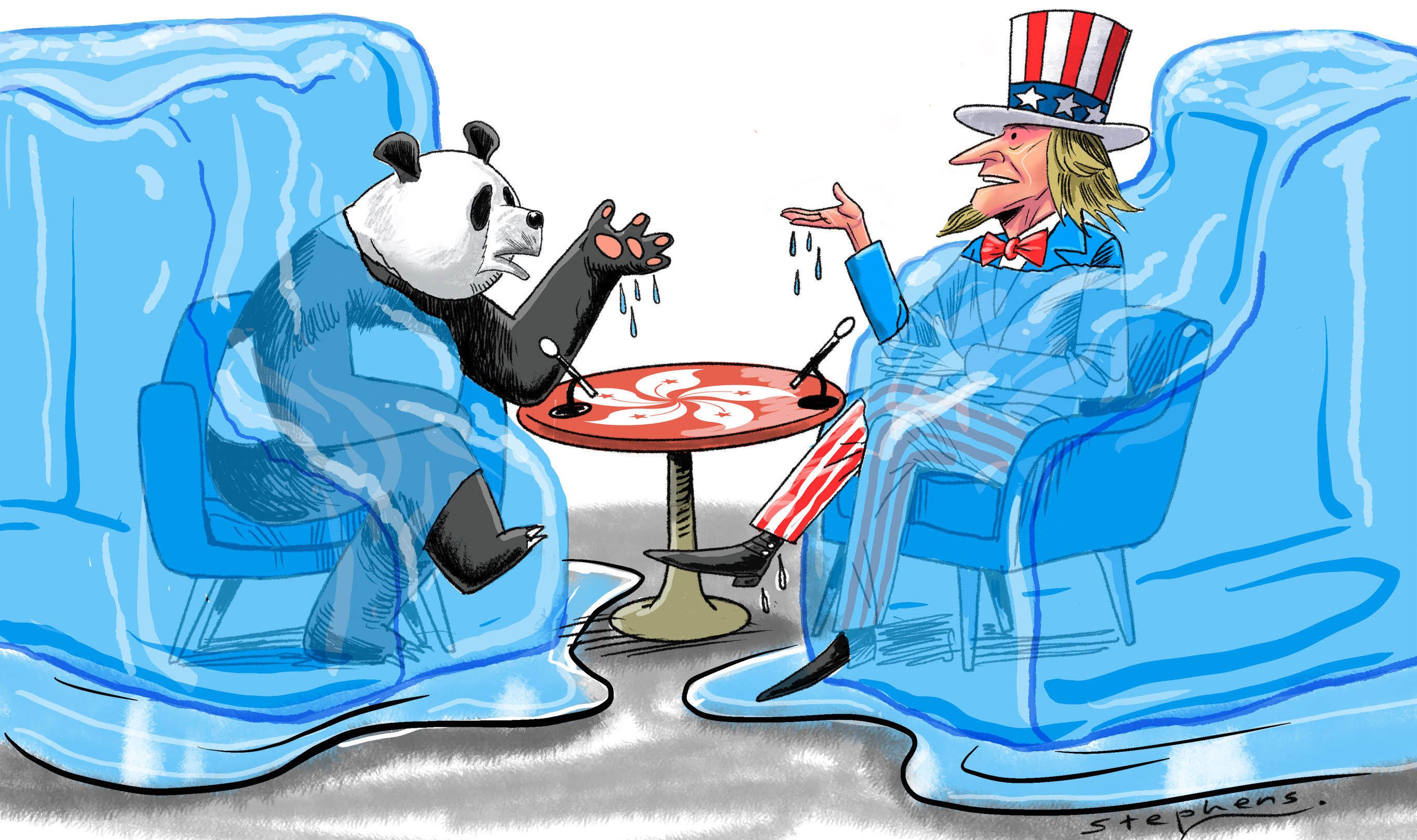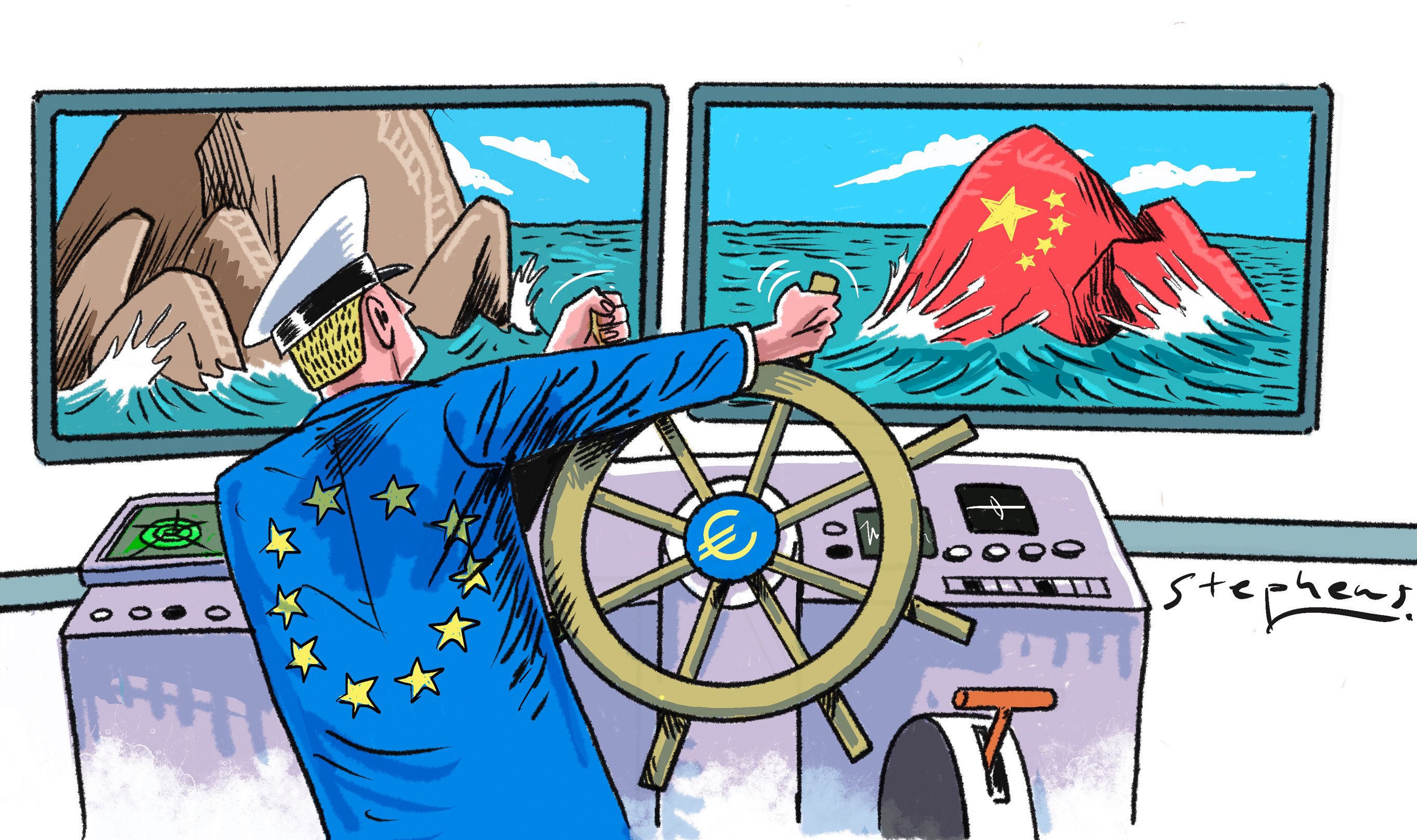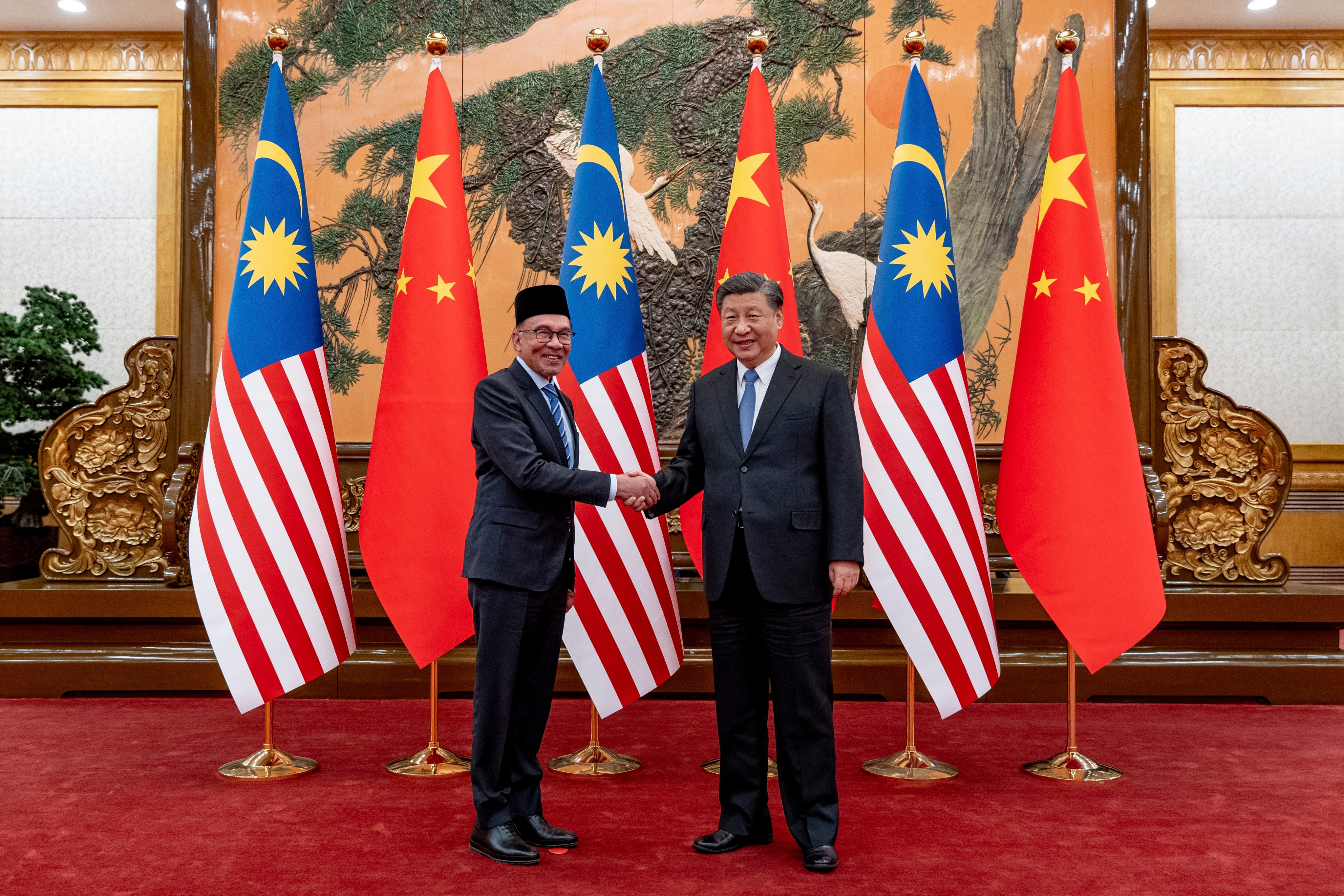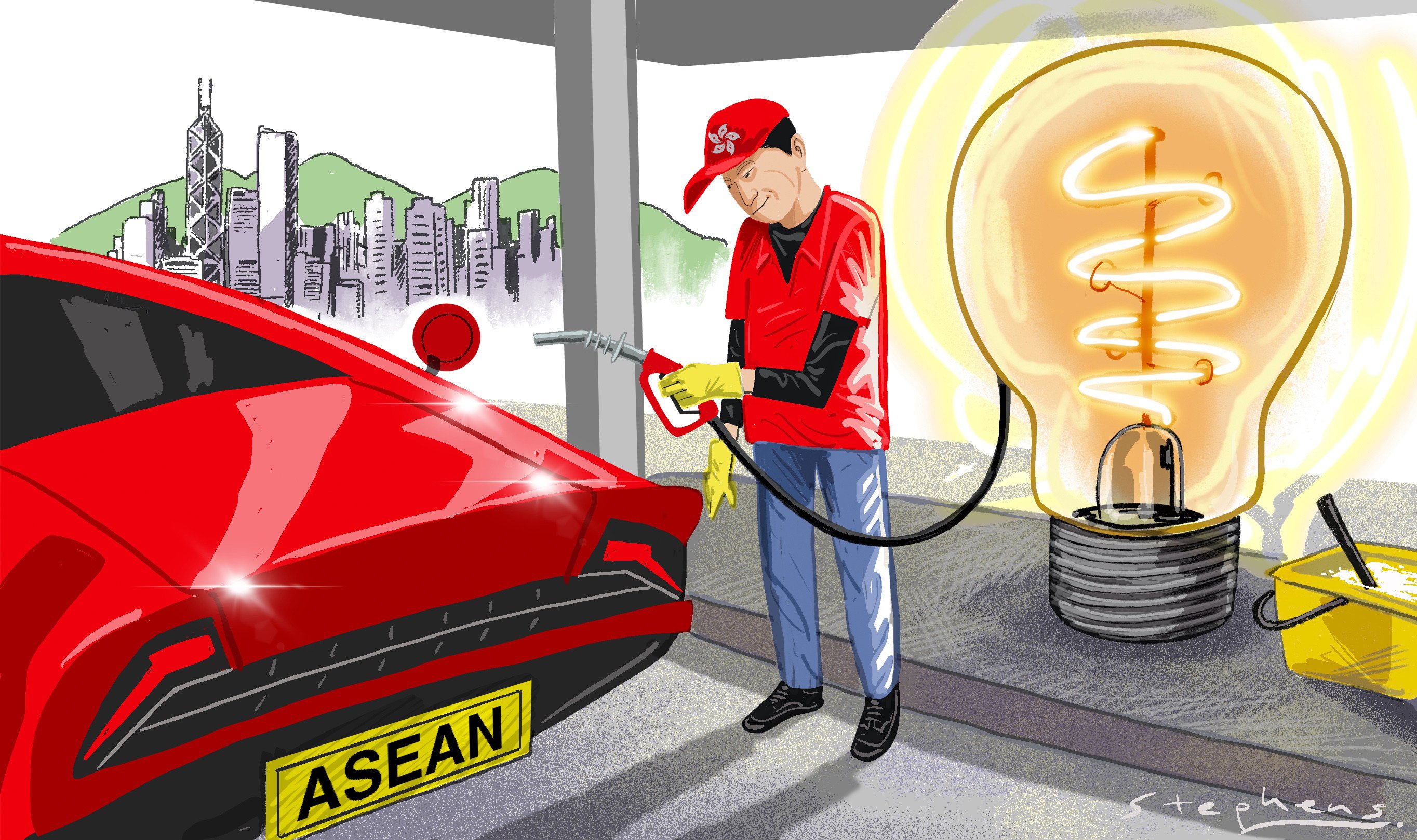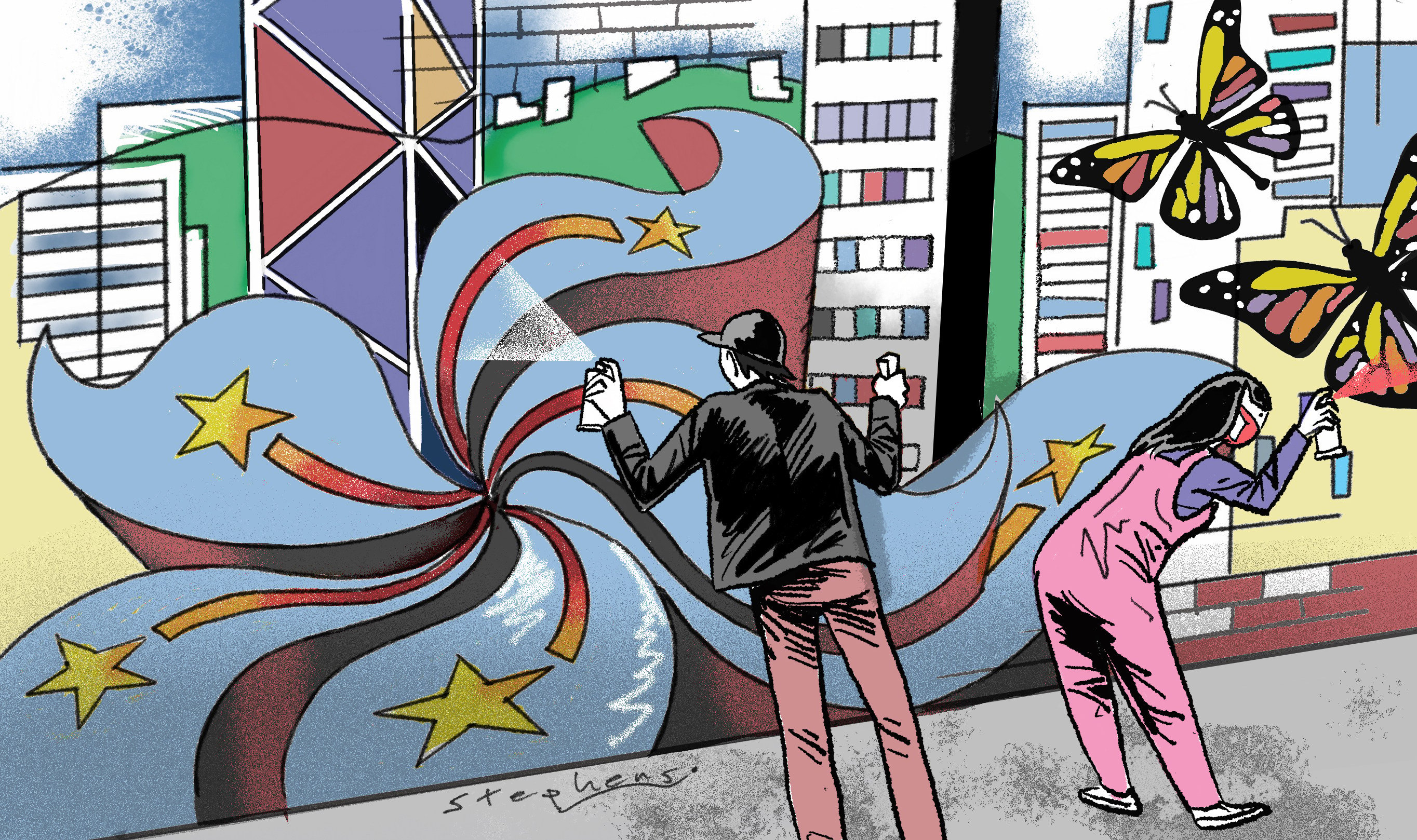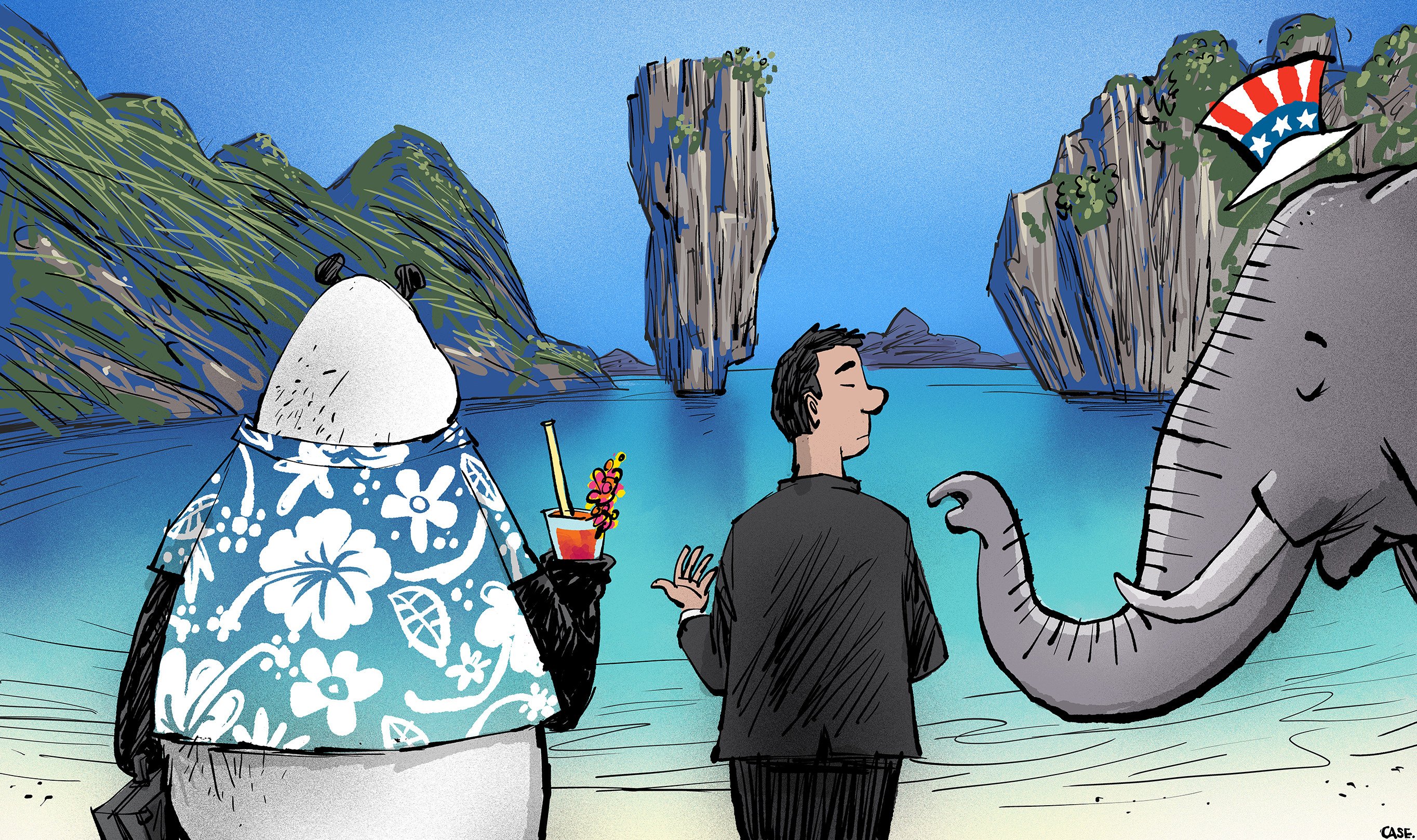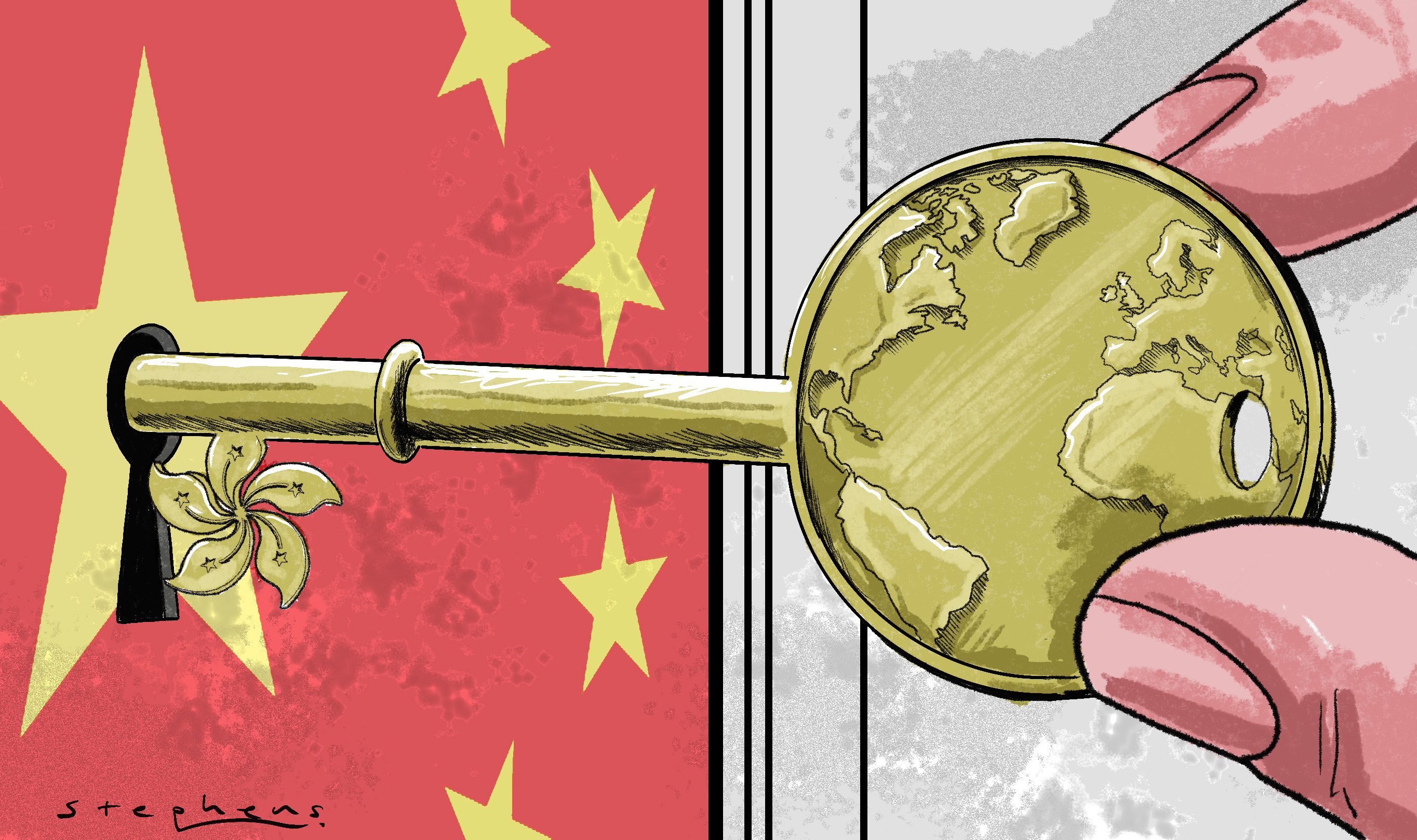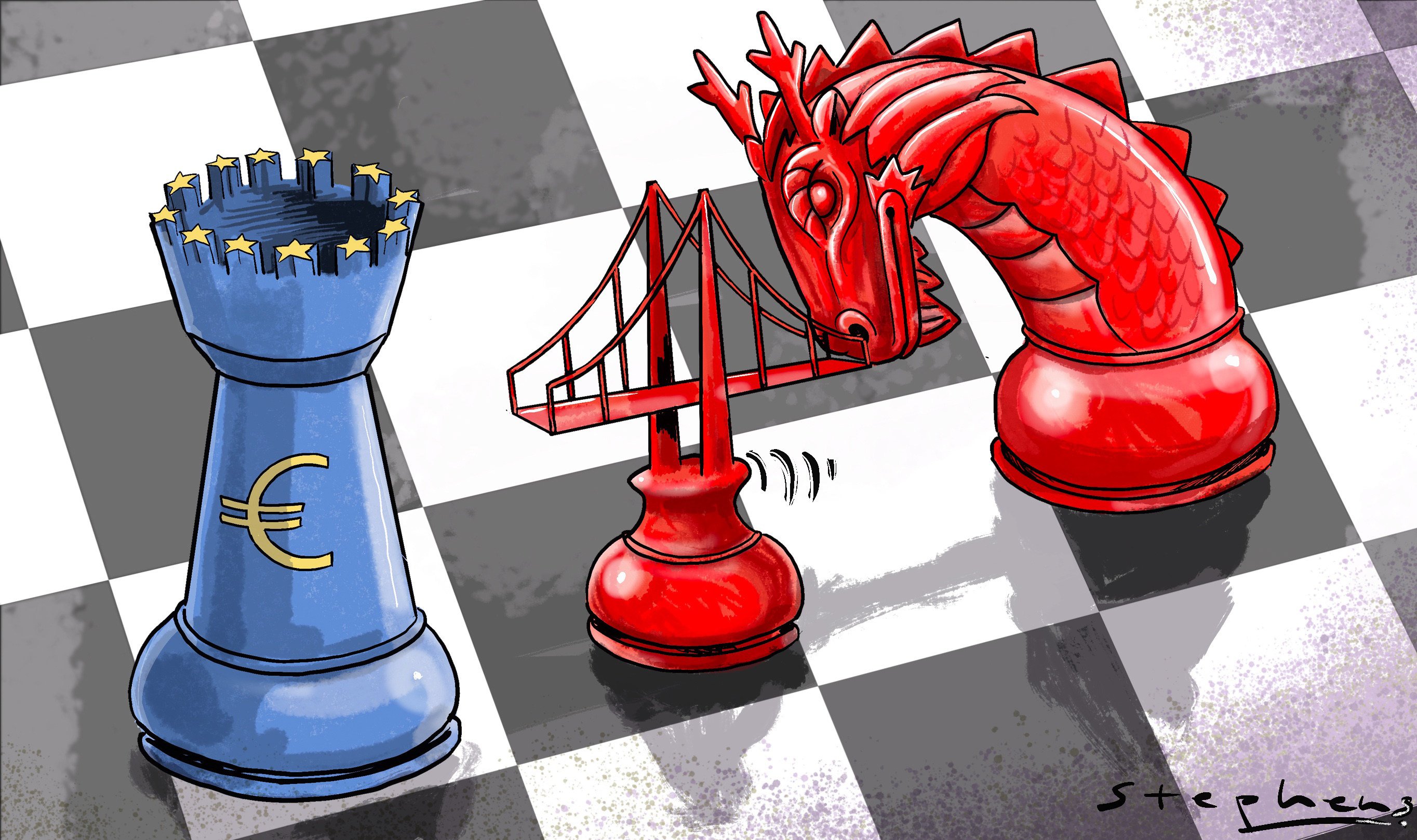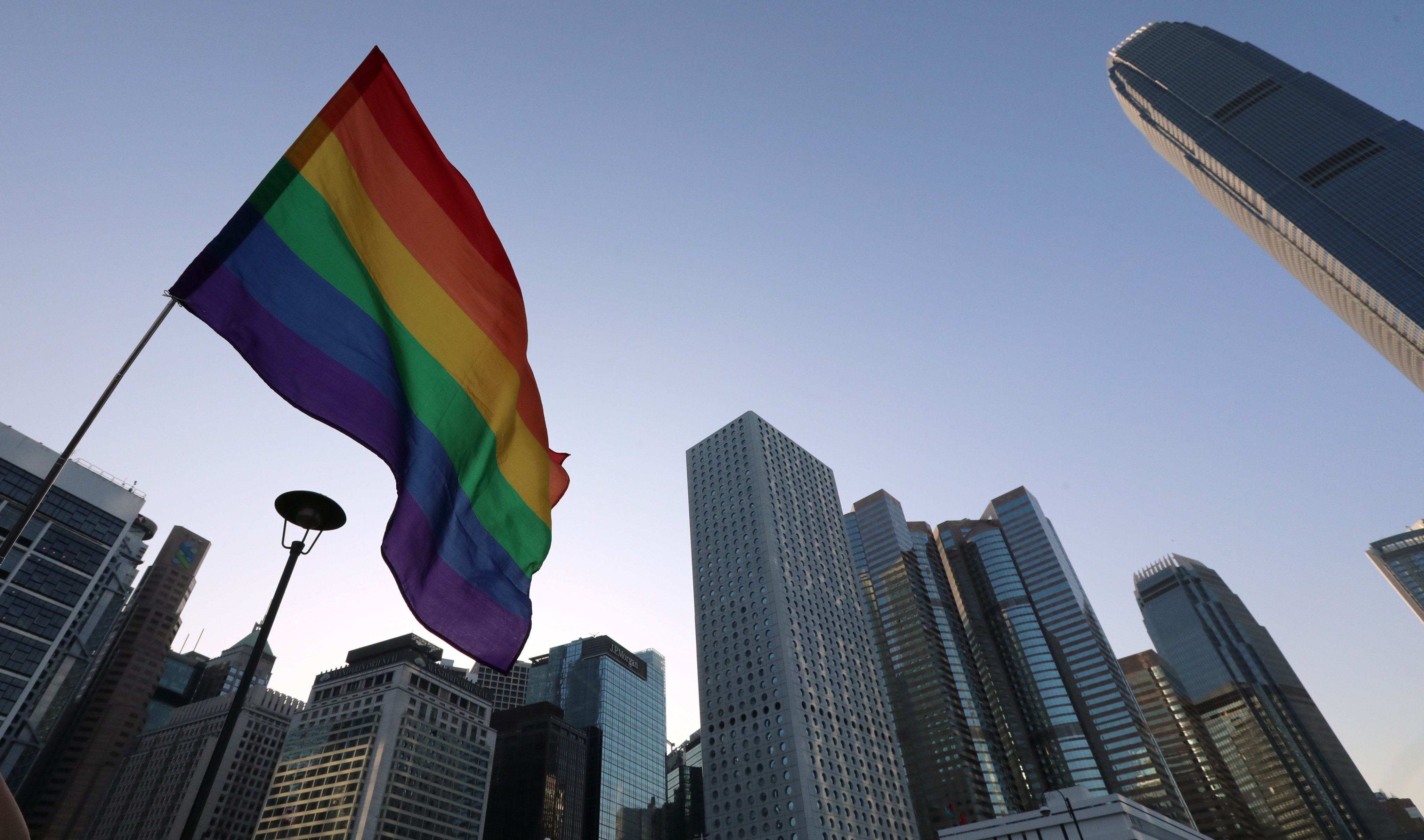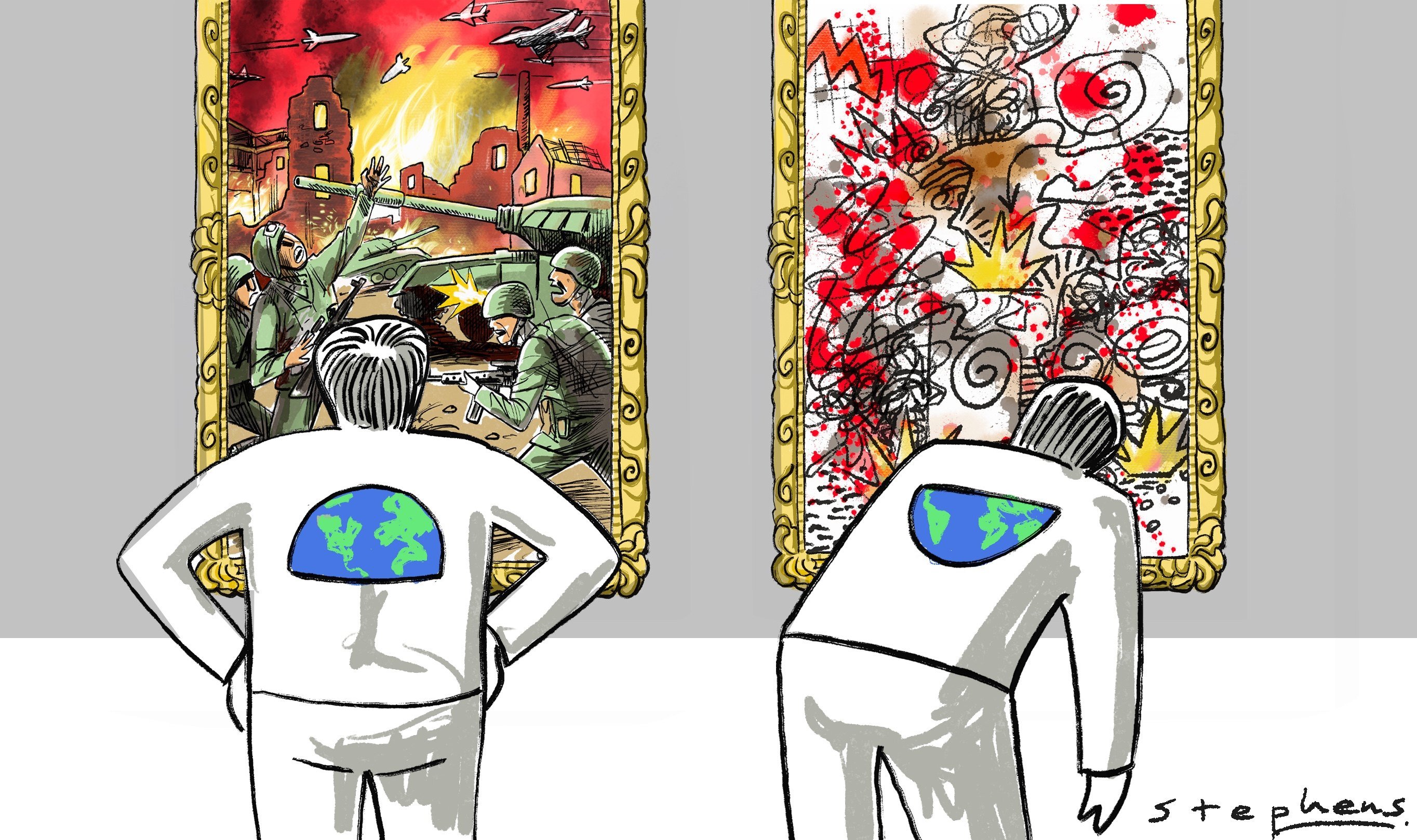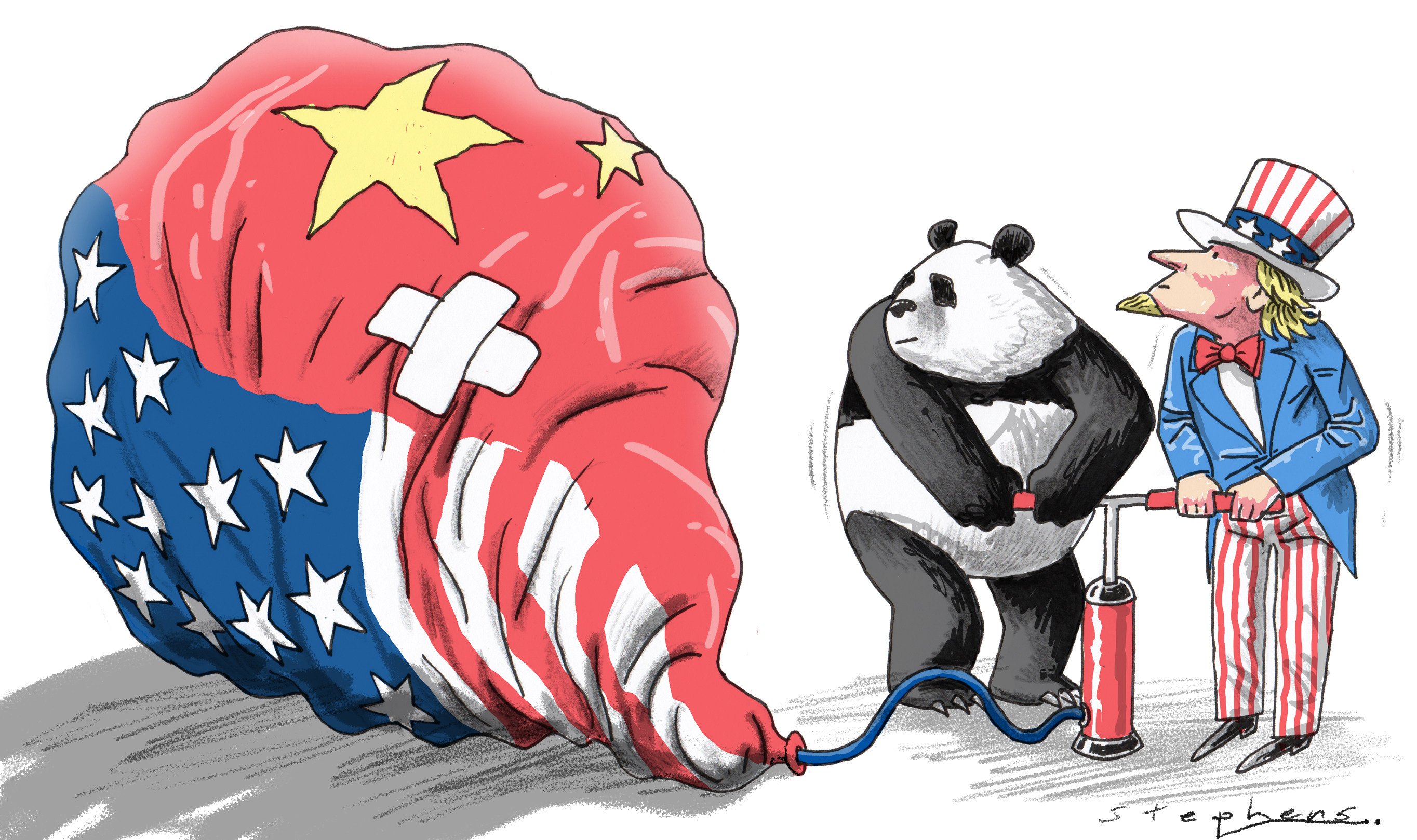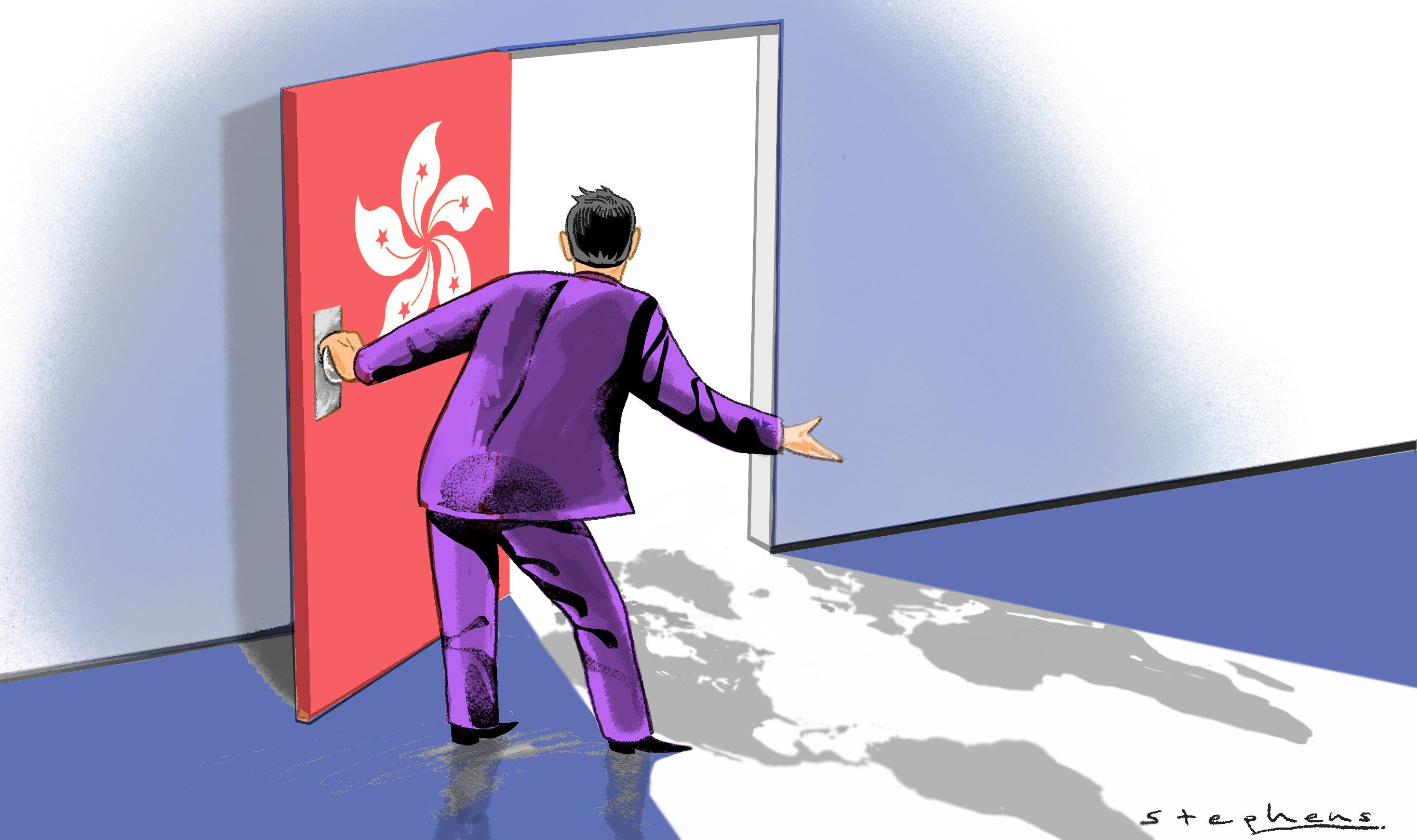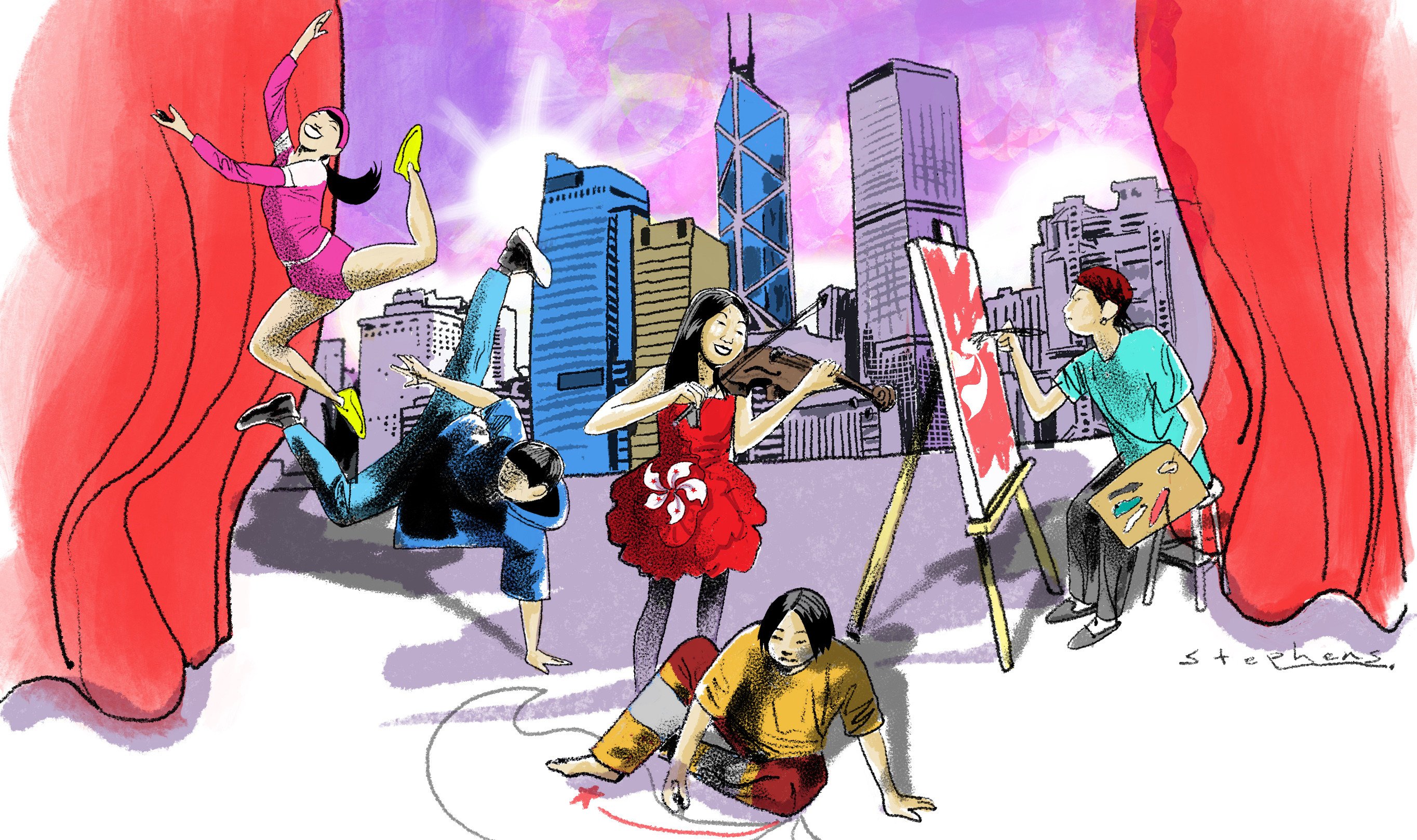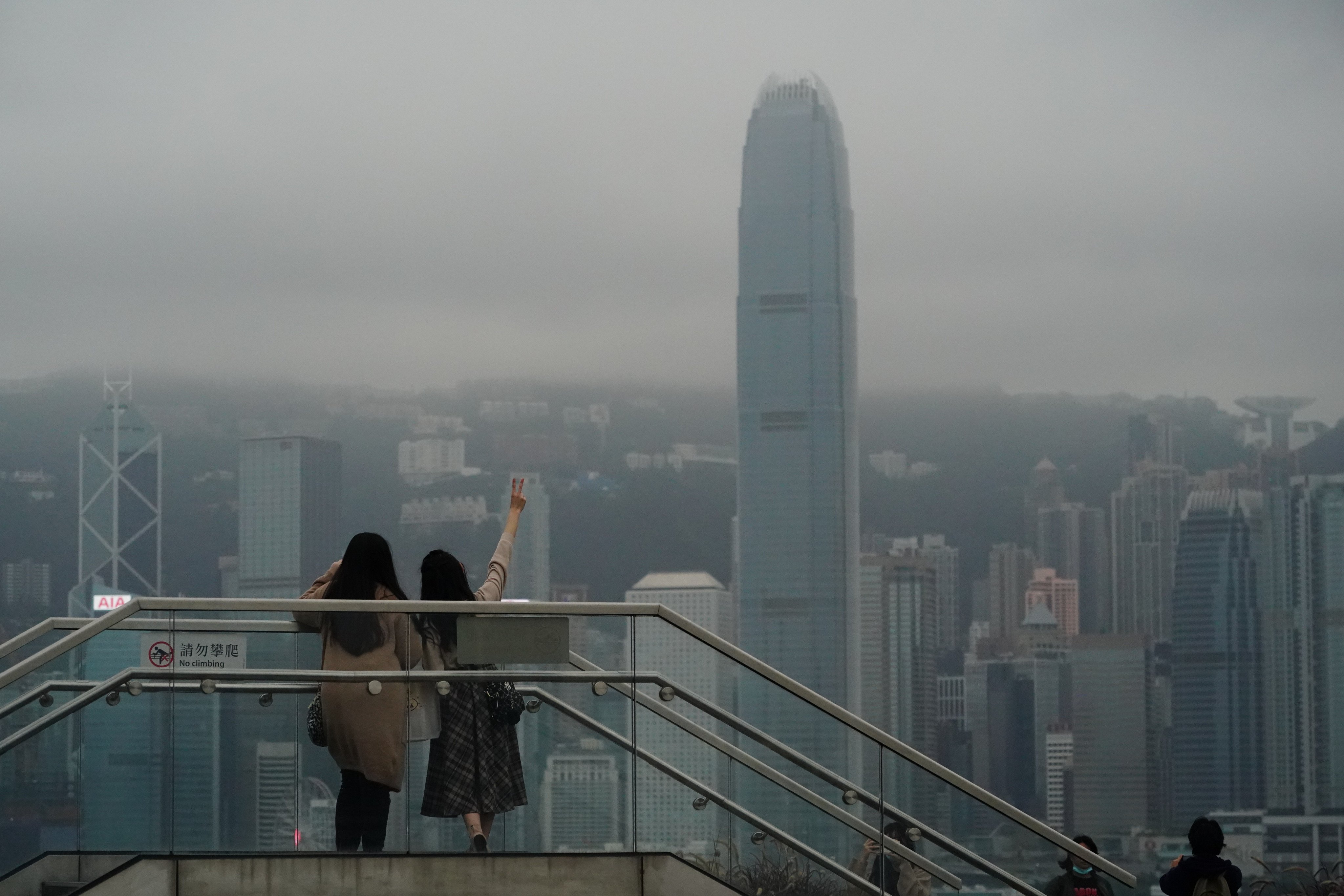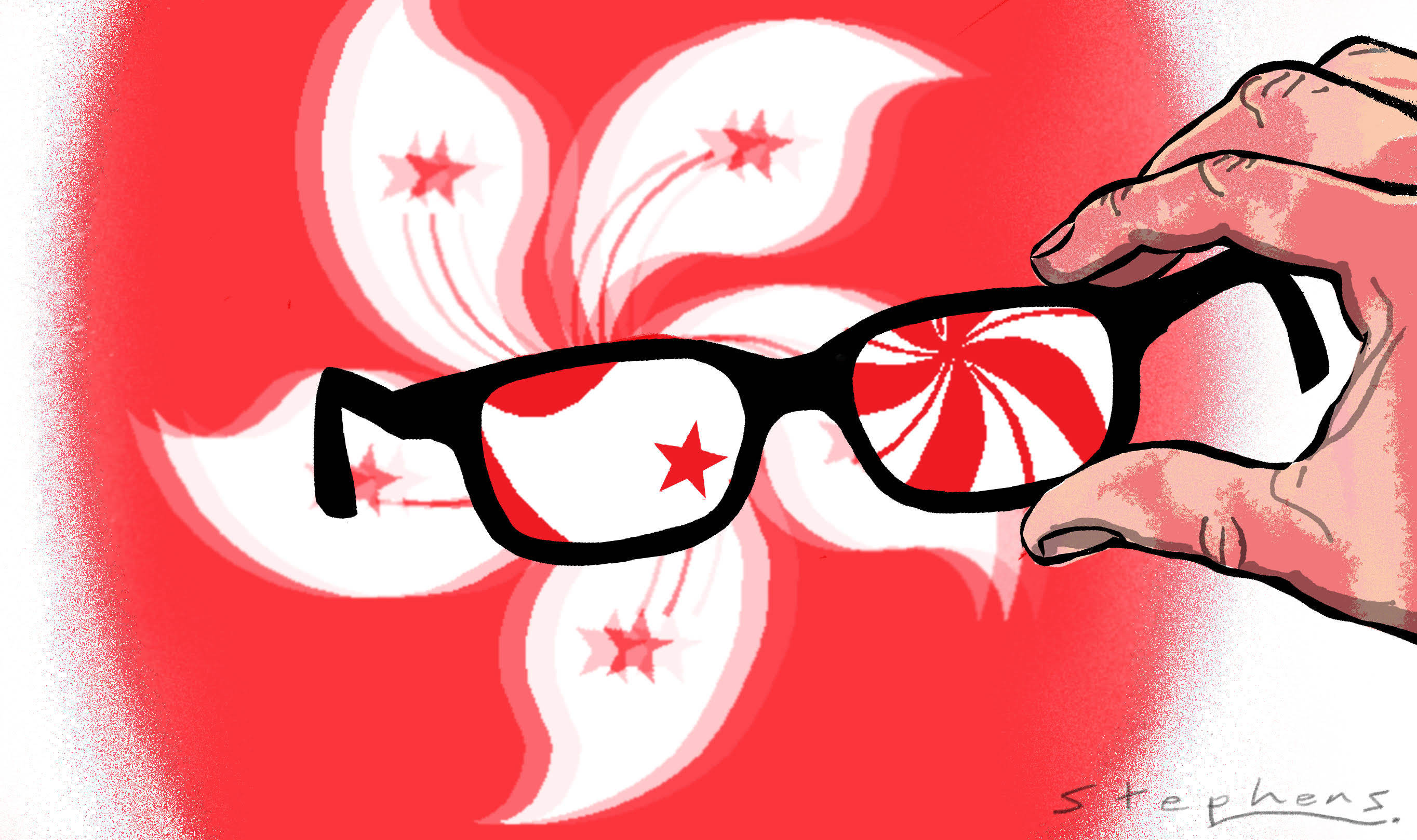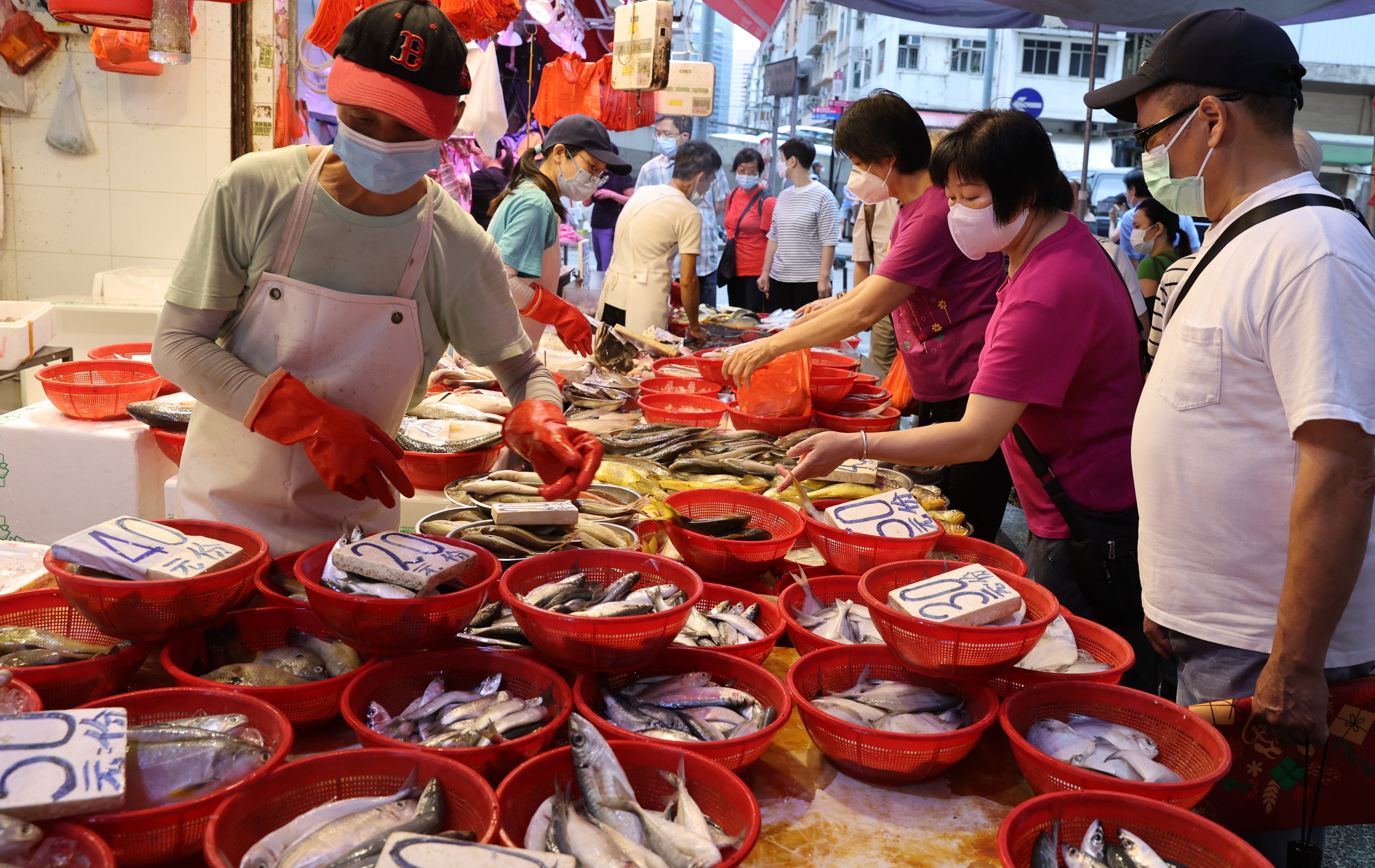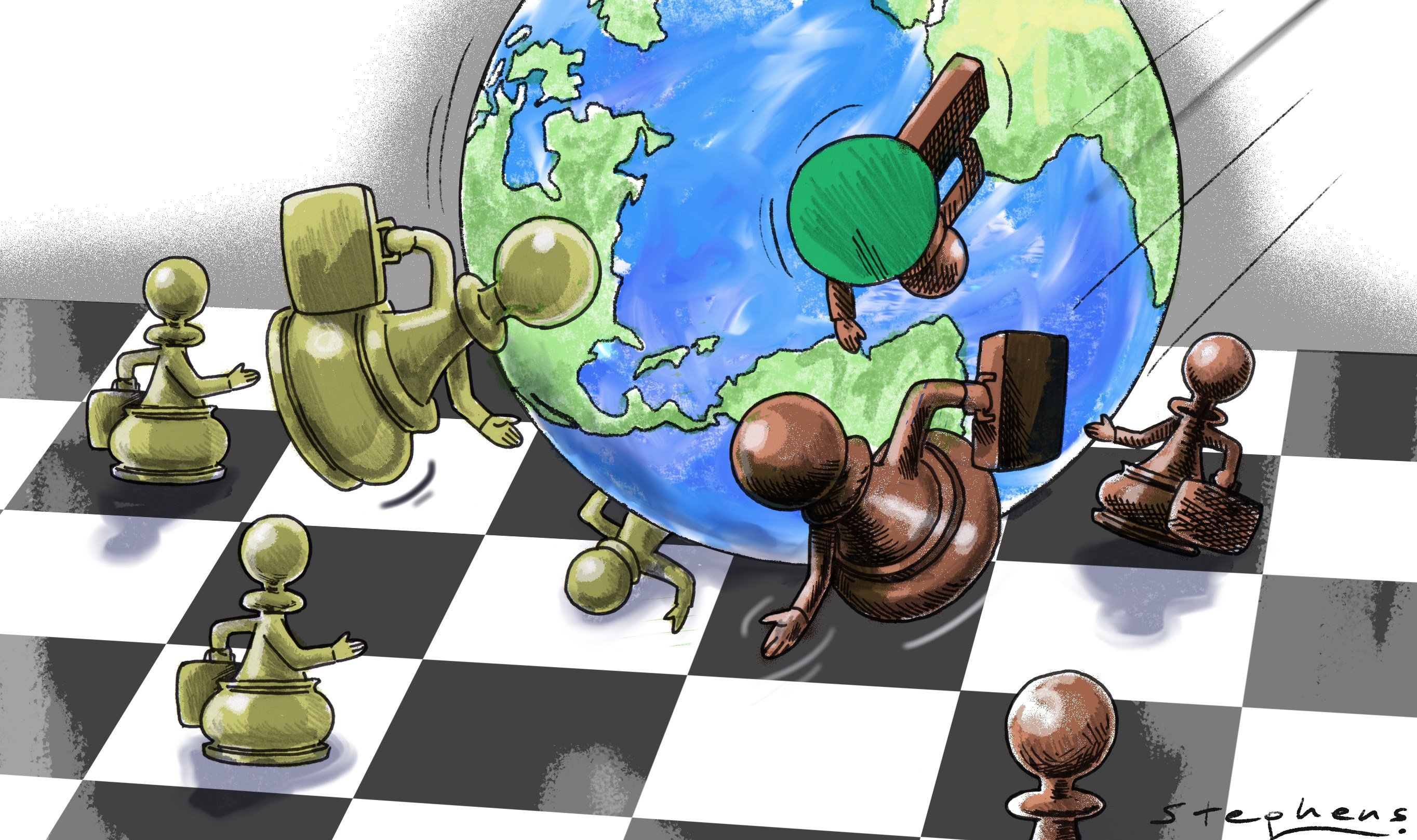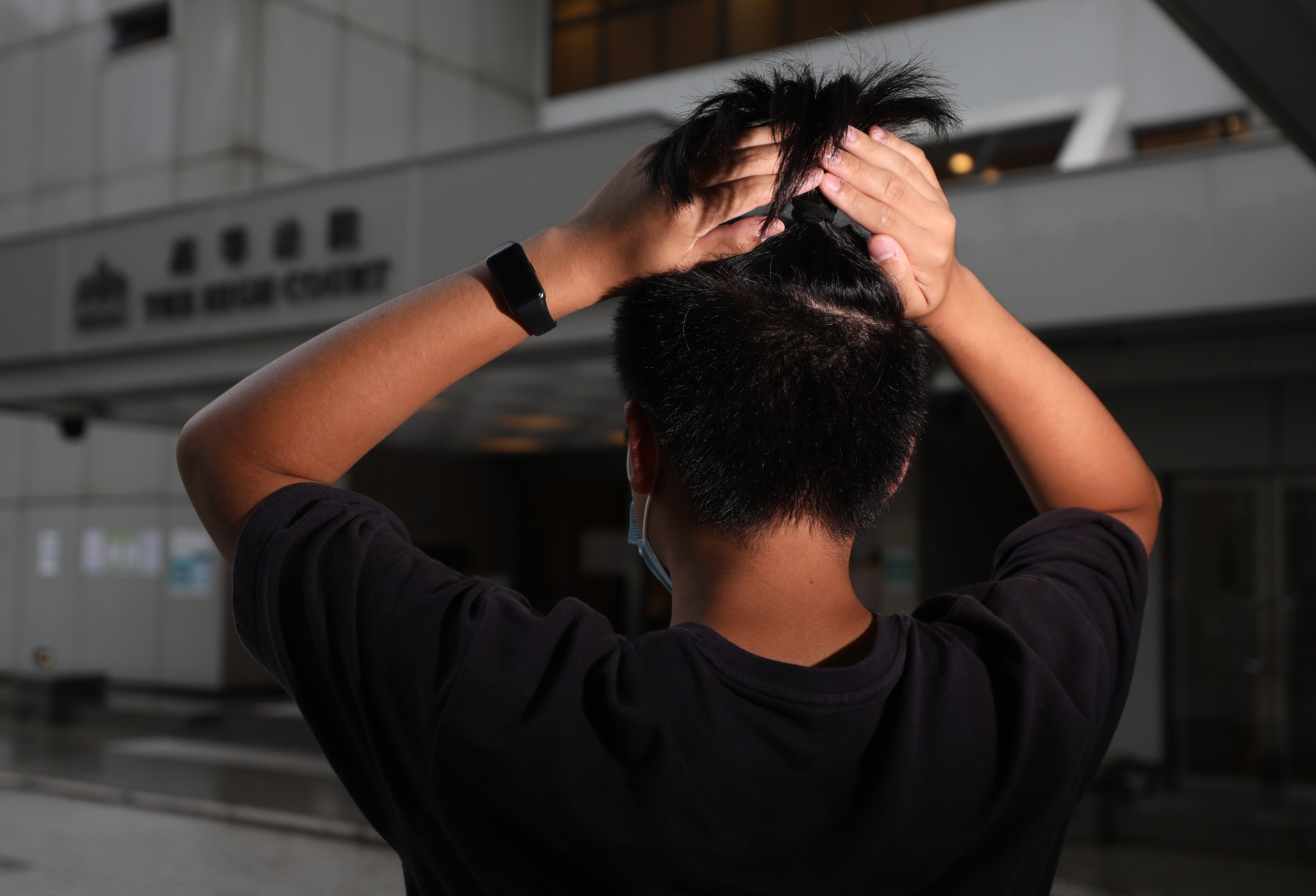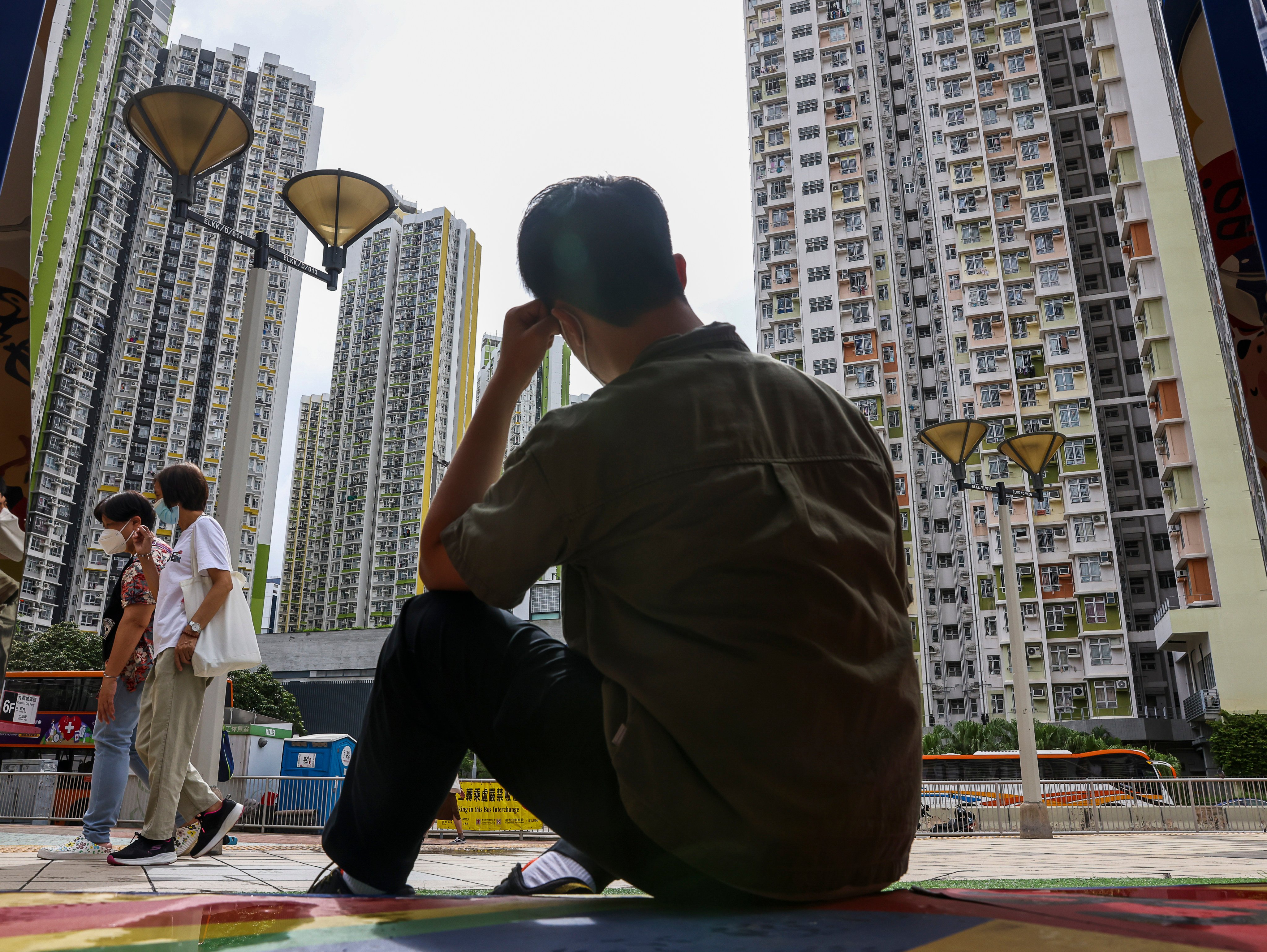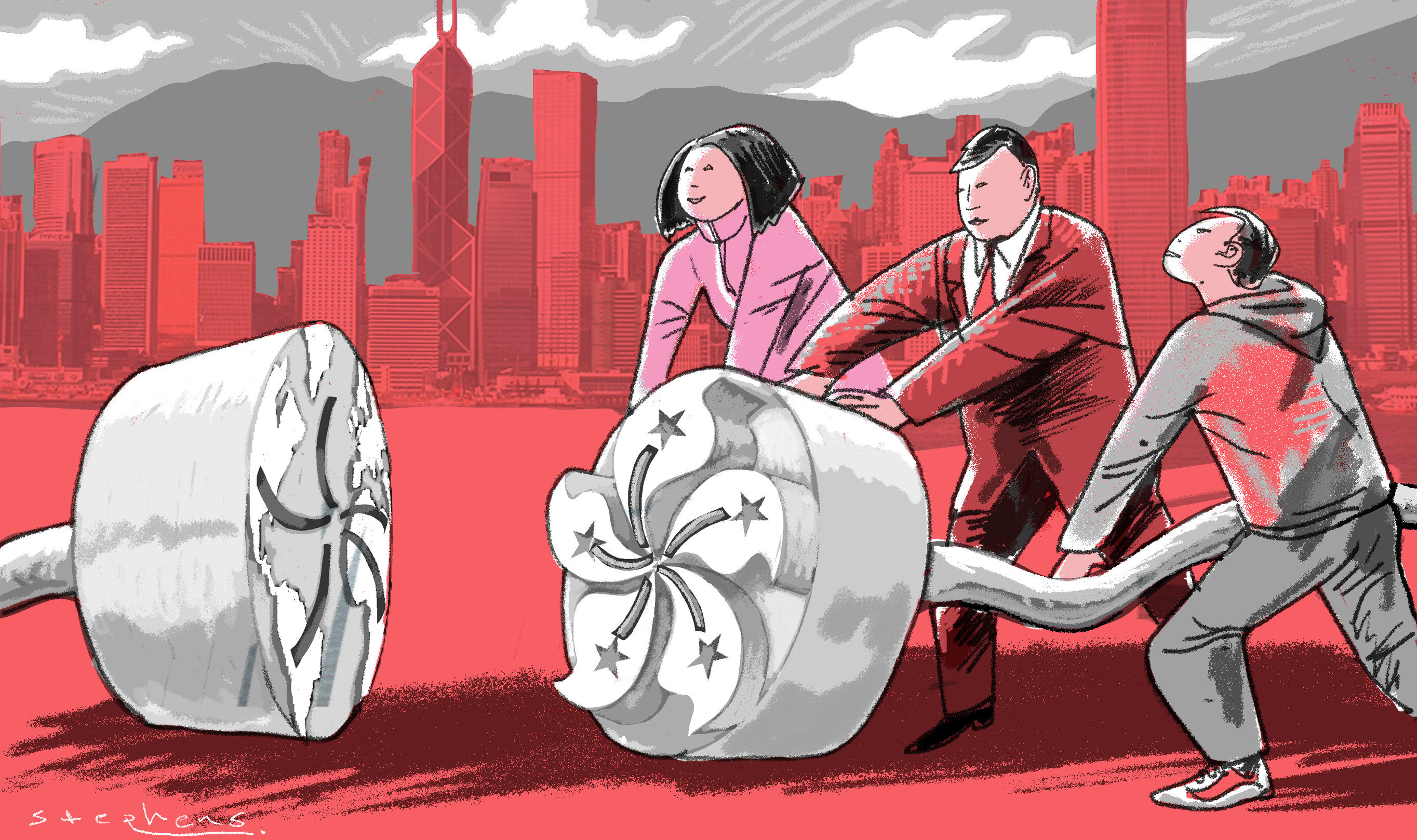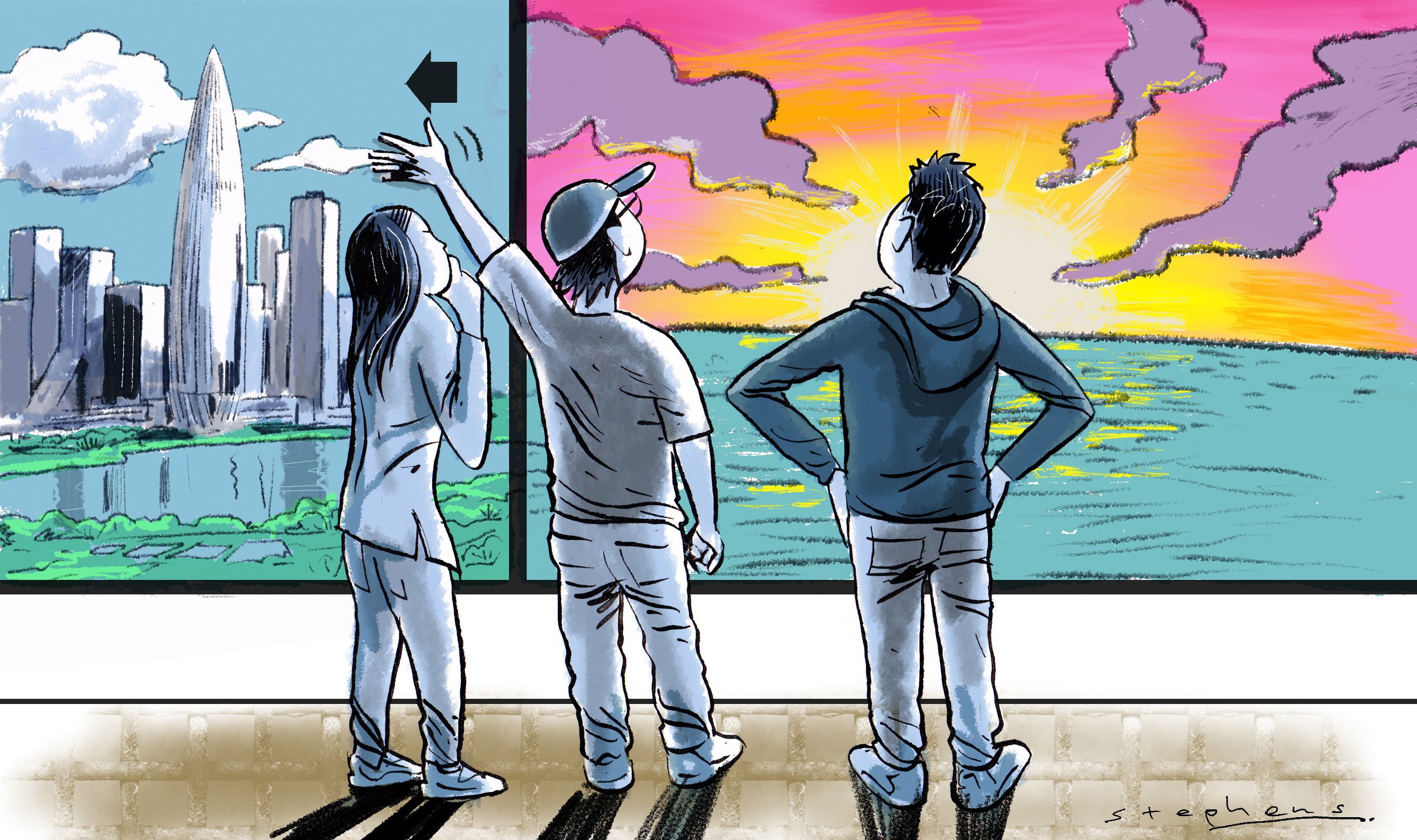.png?itok=bcjjKRme&v=1692256346)
Hong Kong can best serve China by providing Beijing with a more accurate picture of its global image and a site for forward-thinking experimentation. Doing so will require becoming a talent hub for the Greater Bay Area, building academic ties with rest of the world and serving as a venue for needed dialogue.
The spectre of ultranationalism is haunting Chinese social media and getting in the way of countering increasingly negative views of China around the world. Those who welcome a more vocal turn in Chinese online discourse should remember that nationalistic outbursts do not signal strength.
To counteract Trump’s caustic policies, China must expand its multichannel diplomacy with the US, engage with the rest of the West in a more nuanced way, and regain its economic mojo.
Amid US-China tensions, Asean has carved its own path with shrewd balancing, hedging and consolidation, showing how small and medium-sized powers can navigate the increasingly turbulent dynamics between the two countries.
Beijing should work to restore the confidence of domestic and global investors to ensure continued economic growth benefits everyone. Focusing less on security, increasing data transparency and minimising uncertainty around government actions would be a good start.
Hong Kong’s openness, unique culture and strong rule of law mean it can play an important role in fostering exchanges between the US and China. That requires promoting collaboration in apolitical areas, scaling up artistic and cultural exchanges, and hosting more backchannel discussions.
Risks from China must be put in perspective against tensions in northeast Asia, from Taiwan to the Korean peninsula, and an increasingly isolationist and protectionist US.
Both countries must look beyond trade and investment as their bridges, diversifying their areas of close cooperation. Technology, sustainability and culture are vital avenues.
Given Asean engagement is vital to Hong Kong’s relevance and competitiveness, the city must play up its usefulness, lower entry barriers, boost Asean-China collaboration and offer more scholarships.
Offering young people open platforms for creative expression is a powerful means for the city to re-engage its future talent, and is also simply the best way to revitalise urban aesthetics.
For a start, the Thai military should focus on regional peacekeeping with China, especially in Myanmar, and Thailand must remain a safe haven for investment, particular Chinese.
Seen as a bellwether of Beijing’s policy direction, Hong Kong’s authorities must present the right optics, meaning no decisions that hurt international confidence.
Some might argue that the EU does not matter to China, but the bloc’s diplomatic and trade heft means Beijing should work to improve relations. The EU serves as a critical counterweight to the US and its allies, is China’s second-largest trading partner, and a key pillar in Beijing’s vision of a multipolar world.
Closed-mindedness is not in keeping with Hong Kong’s role as a centre for international cultural exchange and a site of cultural experimentation and reform. Rather than more politicisation, the city needs to go back to what it does best – welcoming the world with open arms.
To seize the opportunities presented by its unique regional and global position, Hong Kong must improve its Asian literacy, think imaginatively about how it can reach out to developing countries and shed the inward-looking trend among some Hongkongers.
Focusing only on the combatants, Europe, Nato and China in any discussion on Russia’s invasion of Ukraine risks ignoring large parts of the world. Attitudes towards the war are complex and varied among nations in the Global South, and they should be part of the global conversation.
Officials must steer competition away from sensitive areas while moderates return to face-to-face backchannel dialogues. Crucially, both sides must stop escalating the vitriol and unpredictability.
Hong Kong’s success as a gateway city has always depended on its ability to connect not only with mainland China, but partners all over the world. Now, as the city reopens, Hong Kong must re-engage old friends in the West while forging new relationships in Asia.
The city needs a soul, a guiding vision to radically improve cultural education, reorient cultural policymaking and research, and genuinely broaden cultural exchanges.
There are many more reasons, of course, for Hong Kong to care. It can start by moving towards equal marriage rights for all, and proper healthcare and legal protection for LGBTQ people
Chief Executive John Lee’s first policy address showed the government understands its mission: bring back global talent, diversify the economy and cut policy inaction. But what is still missing is a sense of the values, principles and unique elements on which our city’s future success will be built.
Dry statistics and bland public relations campaigns are not enough to assuage criticism and concerns about Hong Kong’s status. The best way to improve the city’s image is to let ordinary Hongkongers be its voice and tell the story of the city they love.
The business world can no longer ignore geopolitical trends as supply chains are diverted, markets are marred by red tape and companies are forced to take sides over contentious issues. Businesses will need to be prepared to navigate this fraught new geopolitical landscape.
Arbitrary school rules like short hair for boys deny young people the chance to develop their identities – which is what education should be all about. As a society, we must recognise that it’s possible to champion inclusivity and self-expression while still being mindful of tradition.
Targeted vocational training and education would give low-income youth more options, while helping the city’s re-industrialisation policy. For far too long, the economy has depended on a rather narrow range of sectors and it has led to a frustrating lack of social mobility.
To those who assert that Hong Kong is dead, that it’s high time to leave, I say: this is my home and I’m not going anywhere.
Shouting slogans and patronising preaching will not fix what ails Hong Kong after years of international isolation. The city needs to reopen to the world, address concerns about the erosion of institutional and legal freedoms and reclaim its place as Asia’s cultural capital.
While the Greater Bay Area is an important part of Hong Kong’s future, it is not necessarily the right answer for every young person in the city. There are also opportunities to be had in major mainland cities, rising inland provinces, Southeast Asia and the wider world.
The controversial TV episode is only the tip of the iceberg of the city’s failing of residents from ethnic minority communities. Hong Kong’s treatment of domestic workers, Chinese language learners and others shows talk of equality and reform remains lip service at best.
Local and overseas talent are crucial to our city’s prosperity; to keep them, the government must nurture new spaces in which both enterprise and culture can flourish. Most importantly, it needs to end the bureaucratic inertia that has left many struggling to survive during the pandemic.

